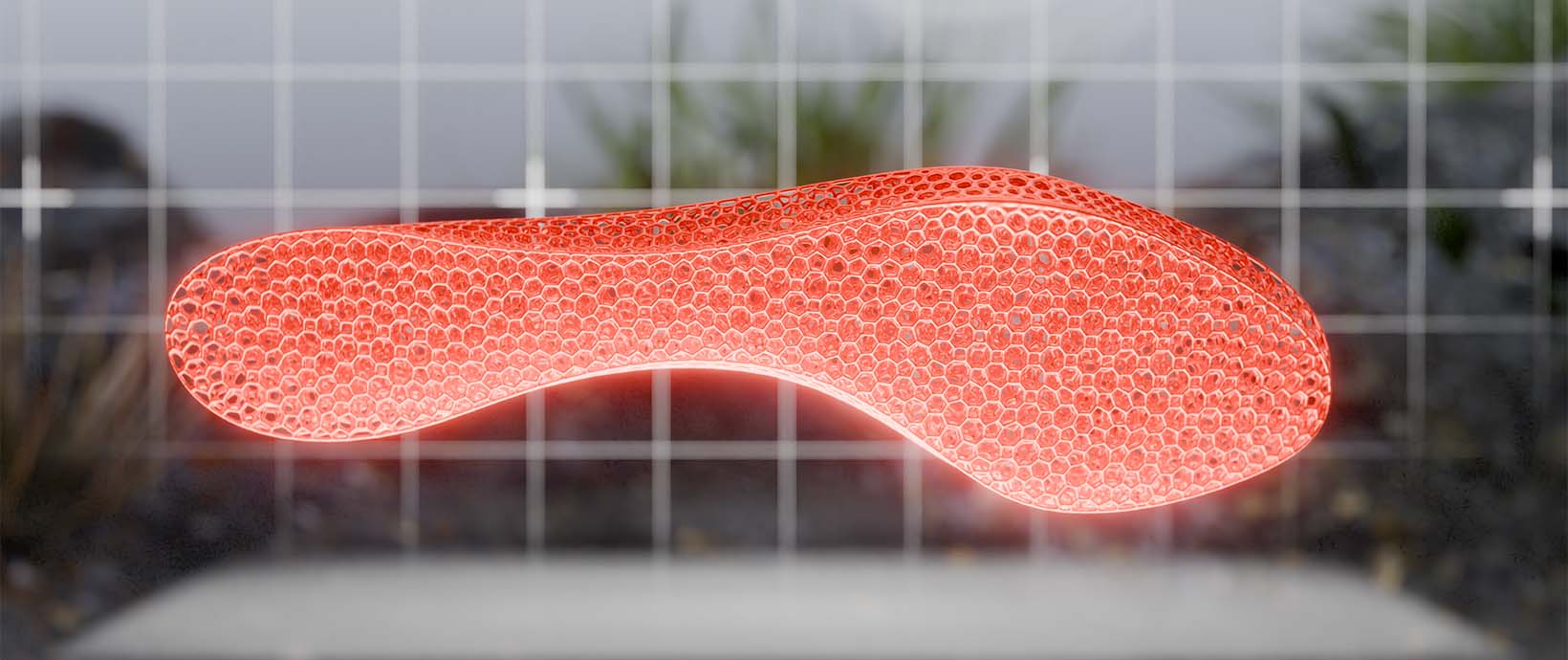Future Says S3E4: Using Data to Move from the Physical to the Digital
In episode four of this season of Future Says Says, host Sean Lang spoke to Jan Chirkowski, vice president of analytics and fleet operations at Kongsberg, to discuss how one of the leading maritime technology companies is implementing AI at scale.
Chirkowski’s background was originally in engineering. He completed a master’s degree in marine engineering at Newcastle University before spending several years with Rolls Royce – gradually moving towards utilizing data analytics to identify the root cause of different issues within ship design. “It was a natural transition from being interested in data science as part of my engineering work to leading a team that was looking to figure out what other value we could provide with that data,” he said. In fact, he pointed out that many of his team members today have engineering backgrounds, further building upon points other guests this season have mentioned about the importance of involving your domain experts in this digital transformation. “When we’re recruiting people to our team, we look for people with engineering backgrounds,” he said. “People with knowledge of marine machinery systems who have an interest in data science, rather than data scientists, because we see domain expertise as critical.” Engineers have an aptitude for mathematics and are familiar with interpreting data – both are core skills for any aspiring data scientist. And at the end of the day, who better to understand the data science use cases in engineering, production, quality and in service, rather than the people who design, produce, and maintain the products and machinery at a given manufacturer?
Data Science Business Impact
This data democratization has opened a wealth of opportunities and enhanced Kongsberg’s digital maturity; but Chirkowski says this hasn’t come without challenges. “There is a lot of data science competence distributed all around the business in different siloes, so one challenge we have is identifying where these people sit and setting up a community of practice so they can collaborate closely on similar issues,” he said. Chirkowski also advises other companies to have business value at the center of their data analytics strategy – admitting that, at times, his team was too eager to collect data without a specific objective or use case in mind. “We started out just collecting all the data and then going from there,” he said. “We found out that you need to figure out what you want to do with data before you start collecting it. And then once you figure out, then ask, what data do we need to provide that value?” He also explains that the marine industry offers its own set of unique industry-specific challenges – connectivity is always going to be a challenge when vessels are at sea. Furthermore, unlike automobiles, no two ships are alike, so “you need to take a one-by-one approach, which makes it difficult to scale.”
The Promise of Data Science
Despite this, Chirkowski is bullish that data science can revolutionize their industry. Based on Chirkowski’s team’s work, Kongsberg has developed much more dynamic, digitally focused business models that better serve their customers. “If we understand how our machinery operates, we can take more ownership of the operation and we could say to the customer, ‘Over the next five years for a certain price, we are going to take care of all service, all maintenance, everything, and you just have to pay a fixed yearly fee.’ This is very different from the traditional business model of selling machinery, and thereafter thinking about spare parts, maintenance, regular service, and so on,” he said.
Along this journey, Chirkowski has emphasized the need for quick wins. Sometimes it’s as simple as taking data that's available online for looking at vessel position and speed and telling the customer about their operating profile for the past year or two. From this, they can give the customers immediate insights. “We could say, ‘Well you are operating at a speed which is much lower or maybe much higher than the design speed for your vessel. Why are you doing that? Is there a way you can change to the design speed and track the improvements from there?’” The results have been impressive – at times saving customers up to $500,000 a year and thousands of tons of carbon dioxide because of these proofs of concepts (PoCs). What’s more, these PoCs provide momentum and enthusiasm to try more ambitious projects. Once customers see the value this can provide, there is a lot of interest in using data in other areas of their ships’ maintenance and operational needs.
Data Science and Digital Twins
The biggest benefit of all has come off the heels of their digital twins. Chirkowski said Kongsberg now utilizes three different types of digital twins – 4D movable machine models, behavioral models which show how machines behave under set circumstances, and diagnostic models. Kongsberg uses these models to present customers with a variety of service offerings that range from simple diagnostic services to comprehensive predictive maintenance. As Chirkowski mentioned, the idea of accurate, repeatable predictive maintenance through digital twins was little more than a dream a decade ago, but is now a reality.
These digital twins have turned Kongsberg into a digital, data-driven services organization as much as a maritime machine manufacturer. And Chirkowski predicts that this area of the business will only grow. “I think in five years’ time, we’re going to see not just product-level digital twins, but vessel-level digital twins. That will breed a whole new load of opportunities,” he said. This is because while digital twins help customers service worn-down components and optimize vessel performance, they’re also contributing to another urgent internal need – sustainability. The digital twin technology of both today and tomorrow will develop more efficient parts and systems, reduce carbon emissions, and ensure people are operating and servicing vessels in ways that maximize performance use while minimizing energy consumption. Chirkowski is clear on how important that is to the world’s present and future. “I think every industry needs to focus on how sustainable they’re operating and what more they can do,” he said. “We only have one planet, and each individual has a responsibility to live more sustainably.”
Moving forward, Chirkowski encourages people with engineering backgrounds to expand their skillset and see what more they can do outside their domain. “If you’re an engineer and are interested in data, go out and try something new,” he said. “Get comfortable being uncomfortable. Stay curious, learn as much as you can, take the opportunities that come along, and seek out the ones that don’t.” With more than With more than three million mechanical engineers in the E.U. alone million mechanical engineers in the E.U. alone, the potential for data-driven success and AI at scale is immense if we can encourage more engineers to join the conversation.
Previous Episodes:
- Episode 1: "Creating the Identical Digital Twin" with Vijayakumar Kempuraj, digital twin lead, Ford
- Episode 2: "Building Bridges Toward a Better Future" with Geertrui Mieke De Ketelaere, adjunct professor of AI at Vlerick Business School and strategic AI advisor at imec
- Episode 3: “Fostering Data-Driven Innovation and Skillsets” with François Deheeger, senior AI fellow, Michelin




